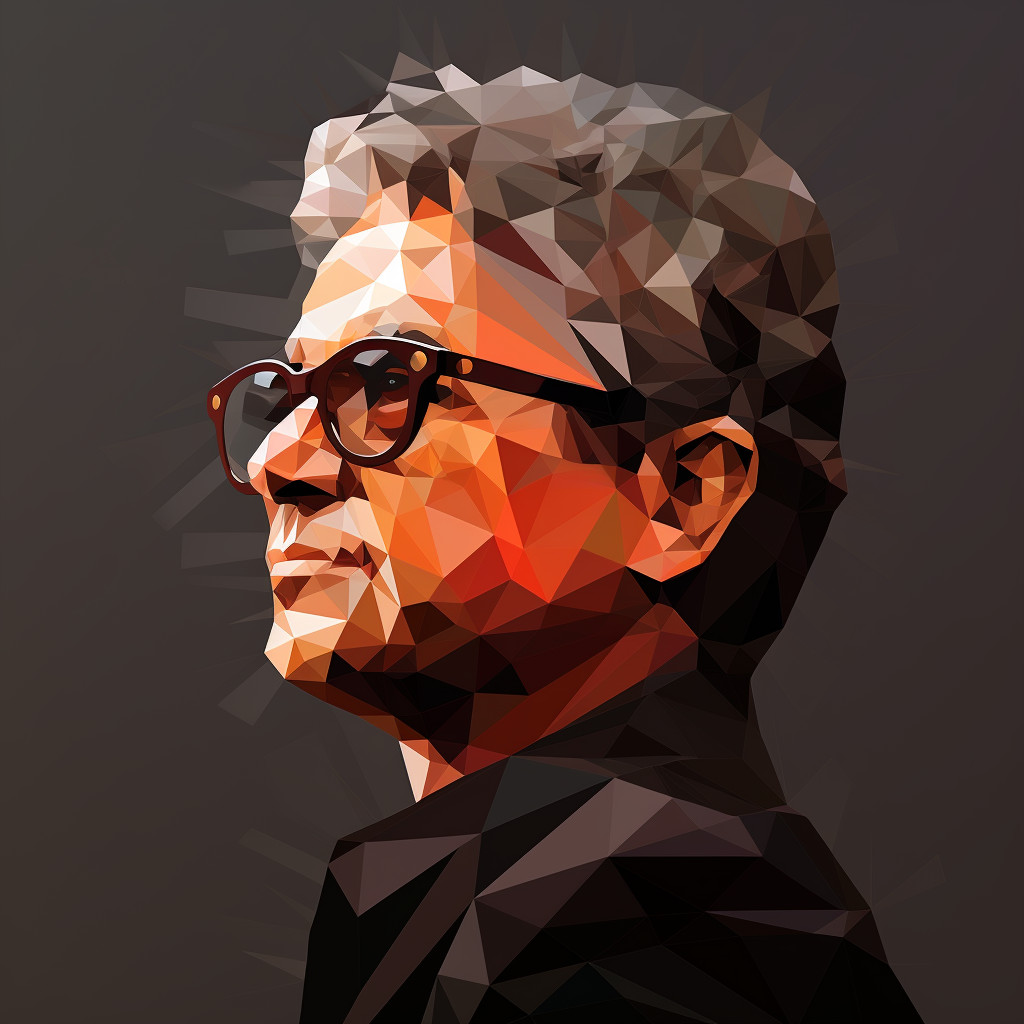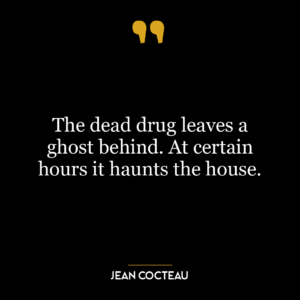This quote is a profound reflection on the human psyche and its response to experiences. Fear, as the quote suggests, is the memory of pain. This means that fear often stems from past painful experiences. These experiences leave a mark on our memory, and whenever we encounter situations that remind us of these painful experiences, we feel fear. It’s a survival mechanism that helps us avoid potential harm.
Addiction, on the other hand, is the memory of pleasure. This means that addiction arises from our desire to recreate pleasurable experiences. We become addicted to things that have given us joy or relief in the past, and we continually seek them out to recreate that feeling, even if it comes at a cost to our health or well-being.
Freedom, being beyond both, suggests a state of being where one is not controlled by past experiences or future desires. It is a state of presence and acceptance, where one is not haunted by past pains or driven by the pursuit of future pleasures.
In today’s world, this quote can be applied in various ways. For example, in personal development, it could mean learning to let go of past traumas and not letting them dictate your actions in the present. It could also mean learning to control your desires and not becoming a slave to them.
In a broader societal context, it could be applied to how we approach issues like mental health, addiction, and personal freedom. It suggests that to overcome fear and addiction, we need to address the root causes – the painful and pleasurable memories – rather than just the symptoms. And to achieve true freedom, we need to move beyond these memories and live in the present.











